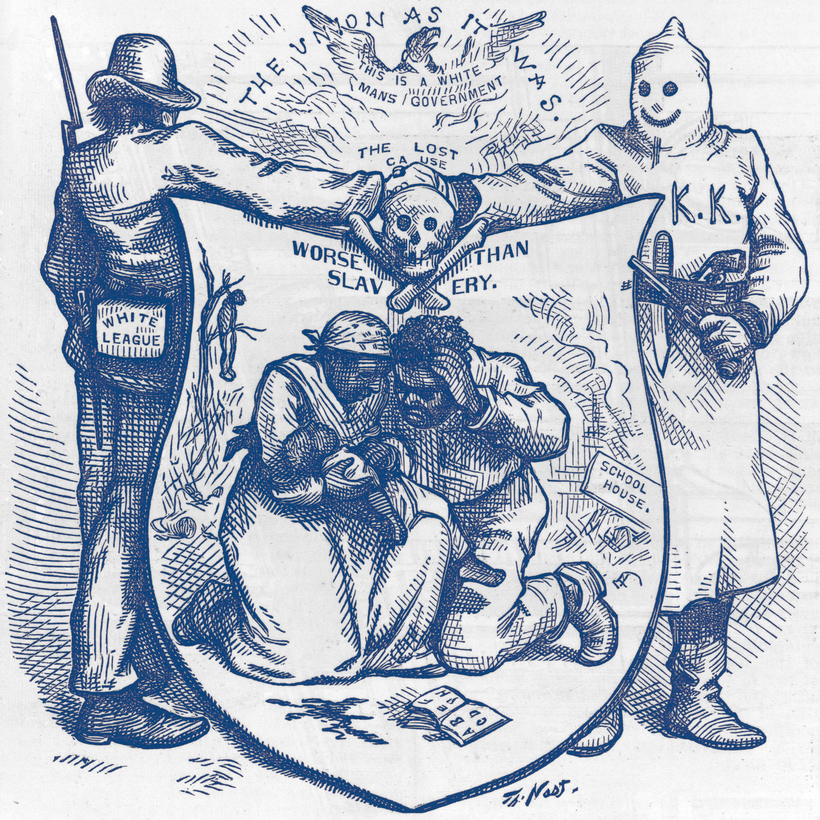On the sunny morning of November 4, 1872, the citizens of Louisiana headed to the polls to cast their ballots in the state’s 19th gubernatorial election. In one column they saw the name of Republican William Pitt Kellogg, a Vermont-born U.S. senator and Union Army veteran whom Abraham Lincoln had earlier appointed customs collector for the port of New Orleans. In the other, Democrat John McEnery, a Tulane-educated lawyer and proud son of the South who’d risen to the rank of lieutenant colonel in the Confederate Army.
Voting appeared to transpire without issue. “There never was a more peaceful, free or fair campaign and election held in the state of Louisiana,” said the outgoing governor, Henry Warmoth, a recently converted Democrat and influential McEnery backer. “There were no riots or disturbances of any kind anywhere in the state.” Kellogg agreed. He described the process—at least as it unfolded in New Orleans—as “the fullest and fairest election that ever occurred in the city, so far as any immunity from violence or unjust interference was concerned.”

